Pathways Improvement Scope
All five Da Vinci high schools included in this proposal serve high percentages of ethnic minorities (90%), and many students belong to underserved groups who face barriers to academic achievement, higher education, high-wage jobs, and upward social mobility. Further, Da Vinci RISE High is the latest Da Vinci school to join its K12 SWP collaborative, and RISE High serves significant percentages of racial/ethnic minorities (96%), socioeconomically disadvantaged students (83%), foster youth (20%), justice-involved youth (16%), and homeless students (8%).
The STRIDE Project will leverage lessons learned from the Da Vinci-ECC partnership’s prior K12 SWP collaborations as well as the support of each Da Vinci schools upcoming GSPP grant to remove barriers to CTE completion and higher education by ensuring all Da Vinci students receive ongoing career exploration and guidance, individualized college and career counseling, tiered academic supports, access to the college credits incorporated into secondary pathway, and supports that promote seamless transition to pathway-related programs of study at ECC and other local colleges. Da Vinci schools’ GSPP grants ($4.8 million in total funding) make significant investments in CTE counseling, academic assistance, and behavioral supports. As the GSPP grant period will overlap with the K12 SWP Round 7 grant period, Da Vinci schools will braid these initiatives to avoid duplication of services and maximize cost-effectiveness. While GSPP will fund CTE curriculum and instruction improvements, equipment upgrades, WBL experiences, enhanced college and career counseling, industry professional engagement, and apprenticeships, K12 SWP investments will focus on improving disproportionately impacted students’ access to and success in CTE DE courses by (1) increasing the number of CTE DE courses offered on Da Vinci campuses; (2) conducting dual enrollment promotional efforts that feature students and professionals from groups underrepresented in target high-skill, high-wage careers to increase CTE and DE participation among Da Vinci Schools’ underrepresented student groups; (3) providing new DE-specific academic tutoring; and (4) removing financial barriers to certification among low-income Da Vinci students. These efforts combined with GSPP-funded supports will ensure Da Vinci’s disproportionately impacted students have every opportunity to advance toward postsecondary degrees and credentials while in the secondary pathway segment.
Goals & Priorities
Da Vinci Communications and partnering LEAs will braid K12 SWP funding with recent CTEIG, GSPP, and local investments to implement a STRIDE Project Workplan that includes six strategies designed to accomplish all K12 SWP project objectives. First, DVC will use a portion of K12 SWP funds to support a new position: a 1.0 FTE Dual Enrollment Liaison who will collaborate with El Camino College to increase CTE student access to dual enrollment opportunities, remove barriers to DE success, monitor DE status, and work with Da Vinci Schools and ECC leadership to continually improve DE offerings across all Da Vinci schools and pathways. Second, Da Vinci will expand DE access to CTE students by increasing the number of CTE teachers who meet the qualifications to serve as DE instructors, which will include collaborating with ECC administrators to review CTE teacher qualifications, articulate steps required for each teacher to obtain approval to teach DE courses (e.g., complete industry-focused professional development, select master’s-level courses, master’s degree), and support the CTE teacher in pursuing the education required to become a DE instructor. Third, DVC will create professional-grade pathway-specific videos that promote CTE dual enrollment to students and families. Promotional videos will serve as key CTE and DE recruitment tools and feature students and professionals from groups traditionally underrepresented in target high-skill, high-wage careers. Fourth, Da Vinci schools will increase dual enrollment academic support to ensure CTE student success in rigorous college-level courses. This will include collaborating with ECC and other local colleges to identify and contract tutors to provide academic assistance to Da Vinci CTE students in dual-enrolled courses. Fifth, under the direction of the CTE Pathway Coordinator and CTE Advisory Board, each Da Vinci pathway will conduct a full review of existing certification opportunities and identify any new certifications that are highly valued in target fields and appropriate for high school students. Pathway Coordinators will then work with CTE teachers to integrate new certification opportunities into the core CTE program of study. Lastly, each Da Vinci high school will use a portion of K12 SWP funds to increase CTE student access to certification opportunities by covering the costs of certification exams and providing new out-of-school-time tutorials that prepare CTE students for target certification exams.
Partners
Da Vinci Design Da Vinci Innovation Academy Da Vinci RISE High Da Vinci Science
Additional CCD Partners
